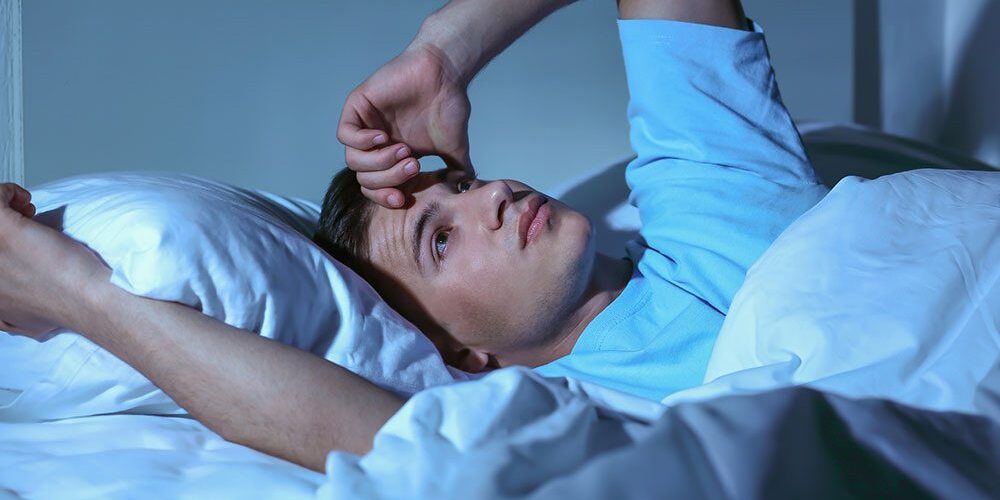Good sleep is important for everyone’s health, but it’s especially important for people who have neuropathy or headaches. Both conditions can make it hard to sleep, and not getting enough sleep can make symptoms worse, making a tough loop. Understanding how important rest is and using good sleep habits can make managing symptoms a lot easier and improve quality of life.
Why Sleep Matters for Neuropathy and Headaches
Damage to the nerves, called neuropathy, can show up as pain, tingling, or weakness. In the same way, headaches, especially long-term ones like migraines or tension headaches, can be very painful and are often linked to trouble sleeping. The body’s ability to heal nerves and control pain is weakened when sleep is poor or broken up. This makes it harder to deal with nerve pain and lowers your ability to handle things that cause headaches.
Researchers have found that not getting enough sleep makes pain and inflammation worse. This means that nerve pain can get worse after a bad night’s sleep for people with neuropathy. People who get headaches may find that not getting enough sleep not only makes their present headaches worse but can also cause new ones. So, making good sleep habits a priority is an important part of controlling both neuropathy and headaches.
How South Valley Neurology Supports Patients
If you are struggling with symptoms related to nerve damage or persistent headaches, professional care can help you find relief. South Valley Neurology offers specialized services for both neuropathy and headache management, focusing on personalized treatment plans. Learn more at www.southvalleyneurology.com/services/headache.
These programs often include evaluations to identify sleep disturbances and strategies to improve rest, recognizing that better sleep contributes to better symptom control.
Tips for Better Sleep to Manage Neuropathy and Headaches
- Maintain a Consistent Sleep Schedule
No matter what day it is, try to wake up and go to bed at the same time every day. Getting regular sleep helps keep your body’s clock in sync, which makes it easier to fall asleep and wake up on your own. - Create a Sleep-Friendly Environment
Make your bedroom a safe place to sleep. Make sure the room is quiet, cool, and dark. If you need to block out noise, you can use blackout curtains, earplugs, or white noise makers. - Limit Screen Time Before Bed
Melatonin is a hormone that helps you sleep. Blue light from phones, tablets, and computers can stop your body from making it. Try to turn off all computers at least an hour before bed. - Watch Your Diet and Caffeine Intake
In the late afternoon and evening, don’t drink coffee or eat big meals because they can keep you from sleeping or make your neuropathy or headaches worse. - Incorporate Relaxation Techniques
Before bed, deep breathing, meditation, or easy yoga can help calm the nervous system and get rid of pain or stress that might be keeping you from sleeping. - Manage Pain Proactively
If neuropathic pain or headache symptoms often wake you up, work with your healthcare provider to adjust your treatment plan. Proper medication timing or additional therapies might be needed to reduce nighttime discomfort. - Limit Napping
While short naps can be restorative, long or irregular napping during the day may disrupt your nighttime sleep schedule.
When to Seek Professional Help
If sleep problems persist despite these measures, it’s important to seek professional evaluation. Chronic sleep disturbances can worsen neuropathy and headache symptoms and negatively impact your overall health. South Valley Neurology can help diagnose underlying sleep disorders and design comprehensive treatment plans that address both sleep and neurological symptoms.
Final Thoughts
Good sleep is a cornerstone of managing neuropathy and headaches effectively. By adopting healthy sleep habits and working with specialists like South Valley Neurology, patients can reduce pain severity, improve daily functioning, and enhance their overall quality of life. For more information, visit www.southvalleyneurology.com/services/neuropathy.
